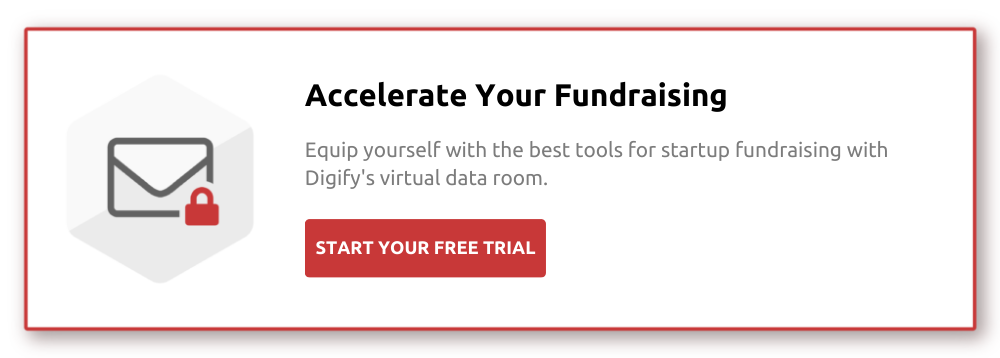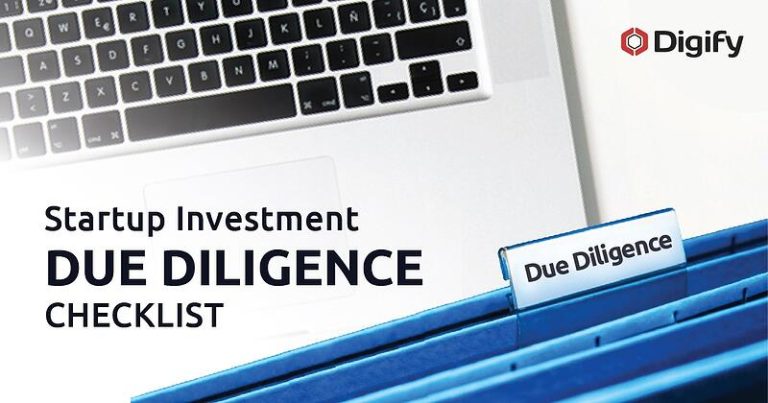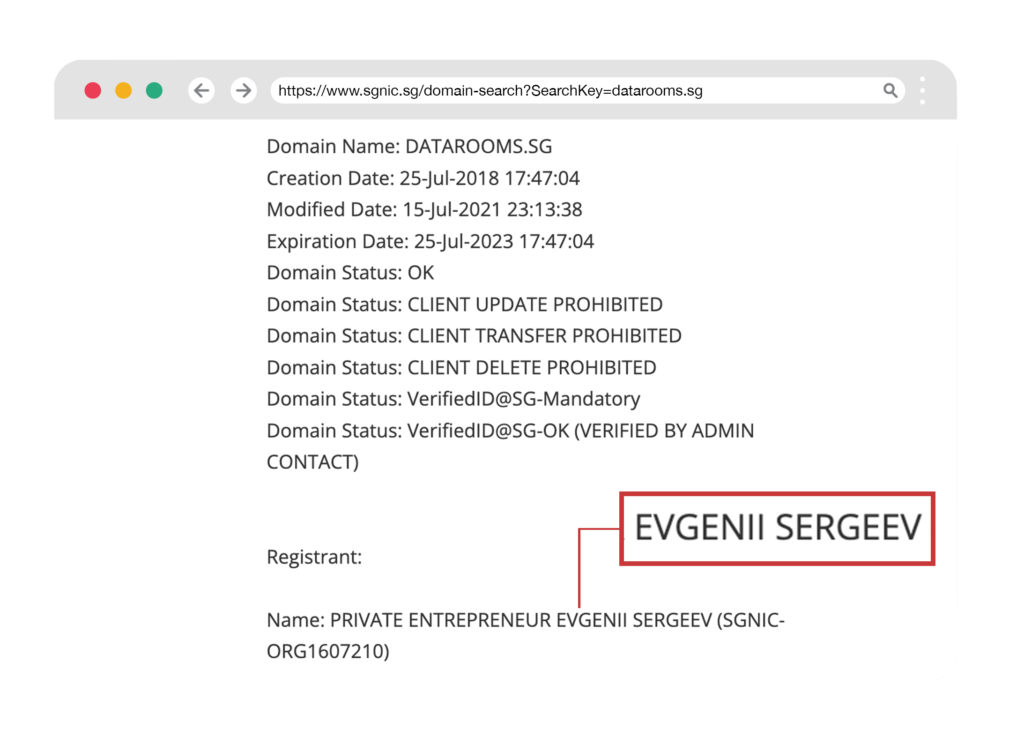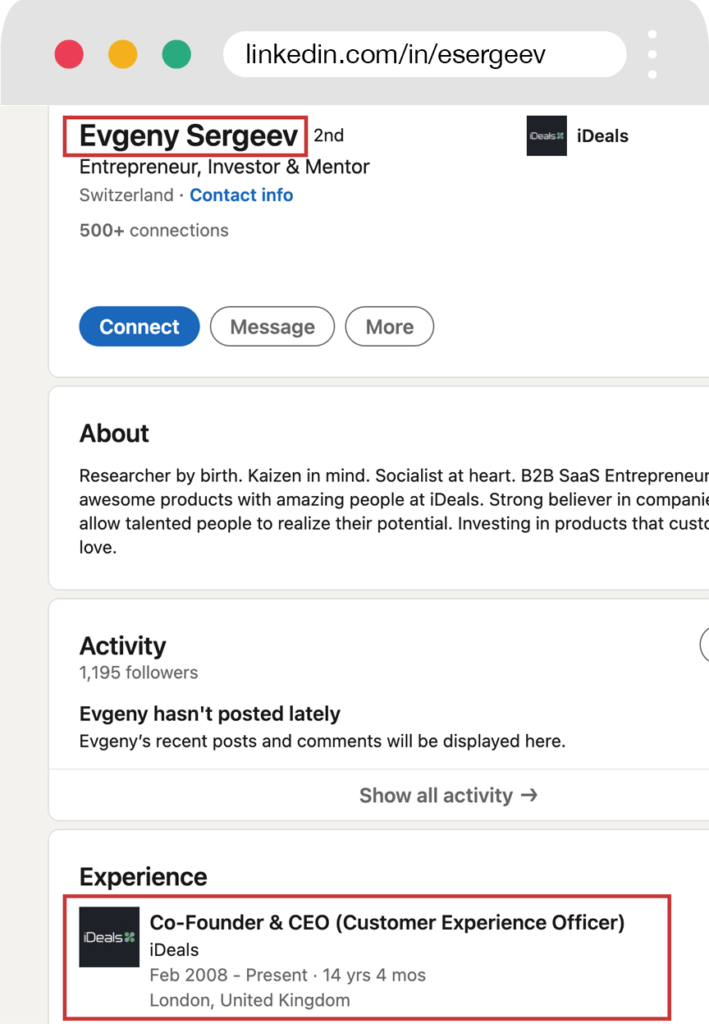As you consider raising venture capital for your growing startup, you’re probably getting plenty of unsolicited advice. And most of it probably is coming from friends and family who have never been in your shoes — in other words, they’ve never run a company nor tried to raise millions of dollars to advance their dreams.
Hopefully, at this point, you’ve cultivated a group of advisors who can give you some solid advice, but more than anything, you could also benefit from the experience of those who have been where you are standing.
Therefore, we’ve compiled a cross-section of advice from startup founders who have been through the experience of raising venture capital – from seed/angel rounds through Series A and beyond – and in most cases went through the “funding wars” recently and experienced the same conditions you face.
In some cases, their advice could conflict because it’s important to realize each startup is different, each founder is different and each of you is going to have a unique experience as you go through your fundraising efforts, so you have to find the avenue that works best for you and your company.
One tool each startup will need is a virtual data room, so after you absorb the lessons from these founders, check back with us to get started with your VDR.
While we only touch on one point from each founder, you can follow the links to their articles for an even greater spectrum of advice.
1. Gut Check
Matt Barba
Company name: Placester
Category: Advertising, Internet, Marketing Automation, Real Estate
Founded date: 2008
Raised $$$ in Funding: $100.9 million through 7 rounds
– Matt Barba on Entrepreneur
“Before you take the plunge, double, triple and quadruple check that this is what you want. If you’re not ready to be in it for the long haul, raising money could be a major misstep for your business… raising money isn’t just about funding your business —it also means making commitments to investors, employees and customers.”
Your life and your role in your company will change dramatically once you make the commitment to raising venture capital. Hence, Barba recommends you really search your soul before you even begin to make sure that’s the right decision for you, your family, and your company.
If you’ve done a seed or angel round of fundraising, you already realize you’ve had to give up a little control of your company as you become more beholden to your investors.
Preparing for Series A funding also requires a more solid structure to your company, assurance that you have an active Board of Directors in place. You will also go through your due diligence process which entails having all of your financial data and intellectual property information in order and readily accessible to potential investors. A virtual data room will allow you to organize this information in one spot and allow access to it as investors progress along your pipeline.
But most of all, you need to understand that running this kind and size of operation will take you further away from the work and passion that drove you to start the company. Not too many founders start a company with the idea of becoming an administrative leader, but as the CEO of an investor-funding company, that will become a large part of your role.
2. Is Your Team Ready?
Joel Gascoigne
Company name: Buffer
Category: Apps, Internet, Social Media
Founded date: 2010
Raised $$$ in Funding: $3.9 million in 3 rounds (1 seed, 1 angel, 1 Series A)
“It literally takes months to raise funding, and it’s a full-time task easily capable of creating enough work for two people.” – Joel Gascoigne on raising funding as a first-time founder | (Click to Tweet)
In that vein, Gascoigne recommends you make sure you have a team in place — even if you have a partner or partners — that can keep your company advancing toward your goals while you are out of the equation.
Beyond having all of your documentation and financials prepared for making the rounds with VCs, you must be prepared to meet with potential investors at any moment. Investment managers are busy meeting with and evaluating hundreds of startups, and you need to be prepared to meet on their schedule, not yours. If their schedule changes, you need to be flexible enough to change your schedule. Esteban Reyes of Las Olas VC says founders should be ready with an answer to any VC inquiry within 24 hours. If you’ve prepared well in advance, answering those questions should just be a matter of directing them to the proper documents in your virtual data room.
If you found your angel investor over a coffee meeting, you need to understand that closing the deal with a VC fund will require multiple meetings.
Download this due diligence checklist and find out which documents you should prepare ahead.
3. Find Great Co-founders
Eddie Lou
Company name: Shiftgig
Category: Apps, Hospitality, Recruiting, Software
Founded date: 2012
Raised $$$ in Funding; $56 million in 4 rounds
“Find partners who have similar values yet different functional skills. To find great co-founders, network diligently and don’t be afraid to share your idea. Be comfortable having candid and open conversations about roles and responsibilities from the beginning.” – Eddie Lou on YFS Magazine | (Click to Tweet)
If part of building that team means bringing in co-founders, it’s important to choose partners who share the same values but can also fill gaps in your organization. If you’re great with vision, you might consider a partner who can serve as chief operations officer to make sure all the day-to-day tasks are organized. Or maybe you need someone to manage a financial department, or a marketing expert.
Beyond onboarding these individuals as partners, you might just seek people who are willing to serve an advisory role. As you get into venture capital funding, having well-recognized individuals on your board who can advise about key functions could be sufficient.
But be sure they share your values because creating conflicts about the operation of the company just to appease potential investors could work against your ultimate goals as a startup founder.
4. Focus on Traction
Ajay Yadav
Company name: Roomi
Category: Android, Apps, iOS, Location Based Services, Mobile, Real Estate
Founded date: 2015
Raised $$$ in Funding: $17 million in 7 rounds (6 Angel/Seed and 1 Series A)
“Substantial gains in marketplace popularity impress investors more than any other metric. Focus on building your user base from day one. … The early traction we gained demonstrated to potential investors a genuine marketplace need and interest in our platform.” – Ajay Yadav on AlleyWatch | (Click to Tweet)
Yadav would disagree with Lou about bringing in co-founders as he didn’t want to give up a share of the pie he had put all his effort into baking, but the two agree strongly on the importance of building traction before you consider seeking venture capital.
While seed and angel funding frequently are awarded based on the founders’ idea for a product or service, Series A funding requires financial proof of a product’s or service’s viability. Seed/angel investors go into relationships knowing there’s a high probability of losing money on their investment, but venture capitalists expect a big return on their investments.
Building a customer base not only creates proof of a market, it also creates a base of evangelists who promote your brand to the next tier of customers. VCs love to see evangelists.
5. Start Early
Jay Radia
Company name: Yieldify
Category: Email Marketing, Publishing, Software
Founded date: 2013
Raised $$$ in Funding: $17.7 million in 4 rounds
“I generally recommend raising money 12 months before you think you’ll need it. Considering that 29% of startups fail because they run out of cash, this gives you a nice cushion in case the fund raise takes longer than anticipated.” – Jay Radia on Fortune
Radia went on to note that his latest round of fundraising started nine months before he was due to run out of cash, so he was cutting it close by the time all the deals came together.
Without that time cushion for planning, many startups, if they don’t fail , find themselves lurching from one seed/angel funding round to the next as they try to establish that traction needed to jump into Series A funding. Fewer than half of seeded startups make it to a Series A round.
As far as the timing for when you really want to make the ask, Radia says, his experience with 14 startups has proved the fourth quarter to be the best time. He noted first quarter is normally budget time and summers are slow because of vacations. By the fourth quarter, investors are trying to meet their targets for the year so often will speed up a deal to get it completed before January 1.
6. Raise More than You Need
Joseph Walla
Company name: HelloSign
Category: Document Management, Legal, Mobile
Founded date: 2011
Raised $$$ in Funding: $32 million in 3 rounds
“If you’re killing it, you now have extra fuel to put in the fire. You can take advantage of a game time opportunity, rather than needing to immediately raise more capital, which takes time.” – Joseph Walla on TheNextWeb
Walla says he fought his advisor on this idea during this first angel fundraising for HelloFax, but because interest remained high, his advisor pushed him into raising double his original goal, which actually gave the company the money to launch HelloSign.
Subsequent funding rounds also surpassed their goals, giving Walla time to focus on growth before he needed to launch the next funding round.
Having extra cash on hand also lets you move quickly should you find an opportunity to buy out a competitor, launch a new product or expand into a related field.
Put All the Pieces Together
Making that step from angel/seed-funded startup to Series A funding will be the greatest challenge you’ve faced to date in building your company. VC investors say only 0.5 to 1 percent of startups succeed in gaining venture capital, so you need to perform your due diligence to attain that elite status.
Heeding the advice of successful startup founders cannot guarantee your success, but it creates many useful tools for your effort.
The first step to getting you on the route to successful VC fundraising is to download our free due diligence checklist to begin preparing your pitch for that elusive venture capital funding. Then learn more about building and organizing your virtual data room for maximum efficiency as you begin to reach out to potential investors.














